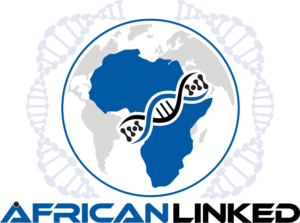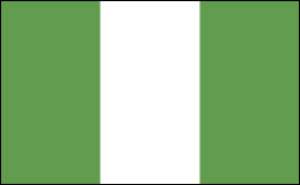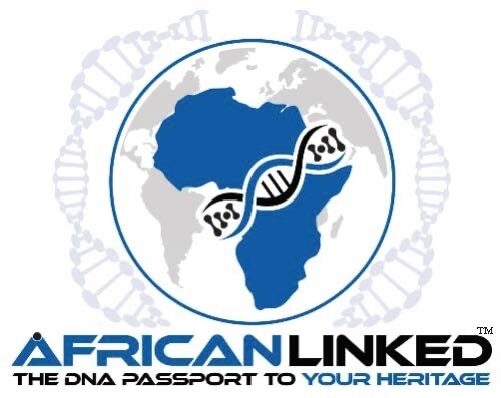
Nigeria
Digital Passport

President: Muhammadu Buhari (2015)
Land area: 351,649 sq mi (910,771 sq km); total area: 356,667 sq mi (923,768 sq km)
Population (2014 est.): 177,155,754 (growth rate: 2.47%); birth rate: 38.03/1000; infant mortality rate: 74.09/1000; life expectancy: 52.62
Capital (2011 est.): Abuja, 2.153 million
Largest cities: Lagos (2011 est.), 11.223 million; Kano, 3.375 million; Ibadan, 2.949; Port Harcourt 1.894 million; Kaduna, 1.524 million
Monetary unit: Naira
Languages: English (official), Hausa, Yoruba, Igbo (Ibo), Fulani, over 500 additional indigenous languages
Ethnicity/race: More than 250 ethnic groups, including Hausa and Fulani 29%, Yoruba 21%, Ibo 18%, Ijaw 10%, Kanuri 4%, Ibibio 3.5%, Tiv 2.5%
Religions: Islam 50%, Christian 40%, indigenous beliefs 10%
National Holiday: Independence Day (National Day), October 1
Literacy rate: 61.3% (2010 est.)
Economic summary: GDP/PPP (2013 est.): $478.5 billion; per capita $2,800 Real growth rate: 6.2%. Inflation: 8.7%. Unemployment: 23.9%. Arable land: 38.97%. Agriculture: cocoa, peanuts, palm oil, corn, rice, sorghum, millet, cassava (tapioca), yams, rubber; cattle, sheep, goats, pigs; timber; fish. Labor force: 51.53 million; agriculture 70%, industry 10%, services 20% (1999 est.). Industries: crude oil, coal, tin, columbite; palm oil, peanuts, cotton, rubber, wood; hides and skins, textiles, cement and other construction materials, food products, footwear, chemicals, fertilizer, printing, ceramics, steel, small commercial ship construction, and repair. Natural resources: natural gas, petroleum, tin, columbite, iron ore, coal, limestone, lead, zinc, arable land. Exports: $55.98 billion (2009 est.): petroleum and petroleum products 95%, cocoa, rubber. Imports: $55.98 billion (2013 est.): machinery, chemicals, transport equipment, manufactured goods, food, and live animals. Major trading partners: U.S., Brazil, Spain, China, UK, Netherlands, France, Germany (2012).
Member of Commonwealth of Nations
Communications: Telephones: main lines in use: 418,000 (2012); mobile cellular: 112.78 million (2012). Broadcast media: nearly 70 federal government-controlled national and regional TV stations; all 36 states operate TV stations; several private TV stations operational; cable and satellite TV subscription services are available; network of federal government-controlled national, regional, and state radio stations; roughly 40 state government-owned radio stations typically carry their own programs except for news broadcasts; about 20 private radio stations; transmissions of international broadcasters are available (2007). Internet hosts: 1,234 (2012). Internet users: 43.989 million (2009).
Transportation: Railways: total: 3,505 km (2008). Roadways: total: 193,200 km; paved: 28,980 km; unpaved: 164,220 km (2004 est.). Waterways: 8,600 km (Niger and Benue rivers and smaller rivers and creeks) (2011). Ports and harbors: Bonny Inshore Terminal, Calabar, Lagos. Airports: 54 (2013).
Fun Facts
- Nigeria is a member of both the British Commonwealth and the African Union.
- Football (soccer) is popular in Nigeria, the national team known as the “Super Eagles” have made 5 appearances at the World Cup, won the African Cup of Nations 3 times and won the football gold medal at the 1996 Olympics.
- While some cultures believe it’s rude to not look someone in the eye, in Nigeria, it is customary to not look into someone’s eyes.
- Nigeria’s movie industry is known as “Nollywood” and it is one of the largest movie industries in the world.
Videos
